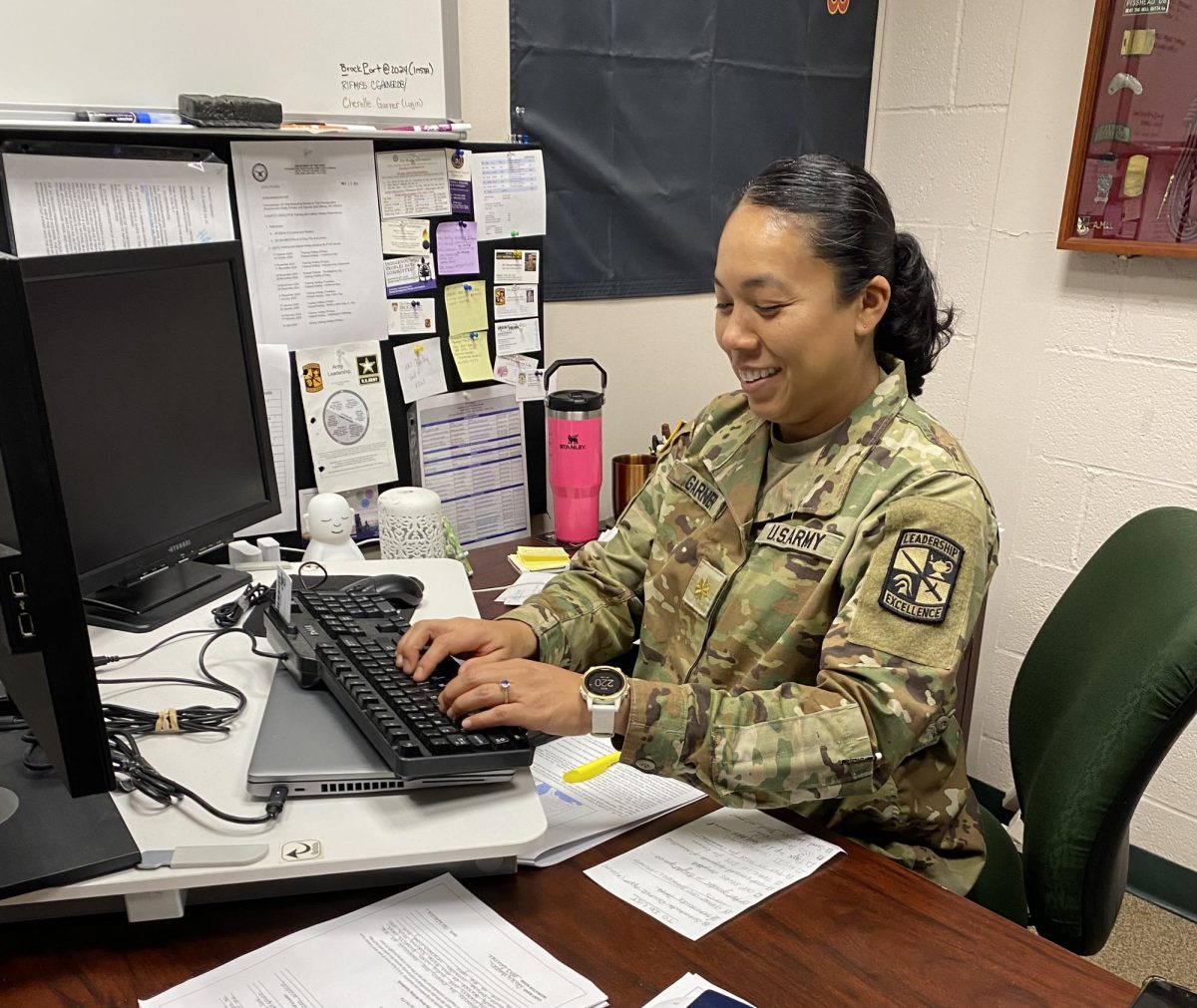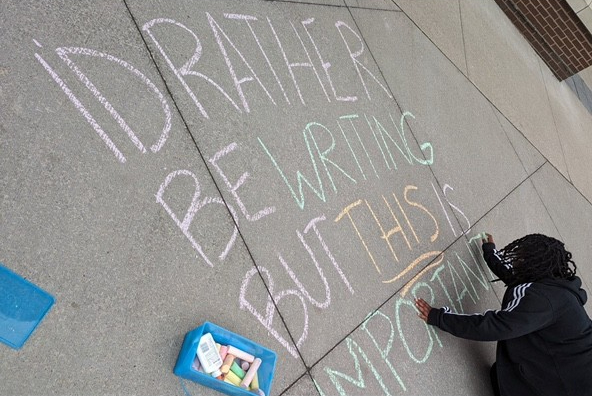By Paul Estares
The pandemic has fundamentally changed the way college students live. Students normally have their friends to get through the stresses of college, but during the pandemic, many students are on their own.
Andrew Penner is in his last semester at Brockport, finishing his Bachelor’s in Journalism and Broadcasting. The pandemic has turned his world upside down.
“I’m missing out on that college life. I miss meeting and seeing new people in classes, going out after, and doing something on the weekends with friends. For introverted people, they might like this [situation], but extroverted people are forced to look at our phones and social media. We’re forced to stay home all day and do nothing, that affects people mentally,” said Penner
His usual routine of going out with friends on the weekends has drastically changed his motivation. Penner’s final semester has become mundane.
“I’m just pushing it since it’s my last semester. It sucks that I don’t have that college experience. So I just say, let’s just do this, get it done and over with so I don’t have to deal with it anymore.” said Penner
According to a recent publication by the CDC, mental health issues increased during the pandemic. It shows that anxiety and depressive disorders rose during April-June 2020, compared to the previous year. Approximately 40.9 percent reported at least one adverse mental or behavioral health condition.
SUNY Brockport communication major Sara Cocca is one of those students who is also struggling. As an extrovert, Cocca had nothing to do outside of classes. In her student housing, The Brock, there is a lack of activities that students participate in.
“Nick the event coordinator, hosted Kahoot, grocery bingo, and Mario Karts. But not a lot of people were attending. Last time, I was the only one there,” said Cocca
“I’m not stressed [from classes], but I’m more depressed, I’m a little bit upset that I can’t be out….I’m on my phone late at night, and I often have nightmares and trouble sleeping,” said Cocca.
According to the Journal of Medical Internet Research, the pandemic has resulted in many increased signs of mental health issues. Individuals in the Winter 2020 term has reported more sedentary, anxious and depressed students. Behaviors such as increased phone usage, decreased physical activity, and fewer locations visited were associated with the rise of COVID-19.

The pandemic has upended the college experience for many students. The lack of social interaction combined with stress of online classes has led to a rise of mental health issues. Many students are hoping for a return for their routines.































